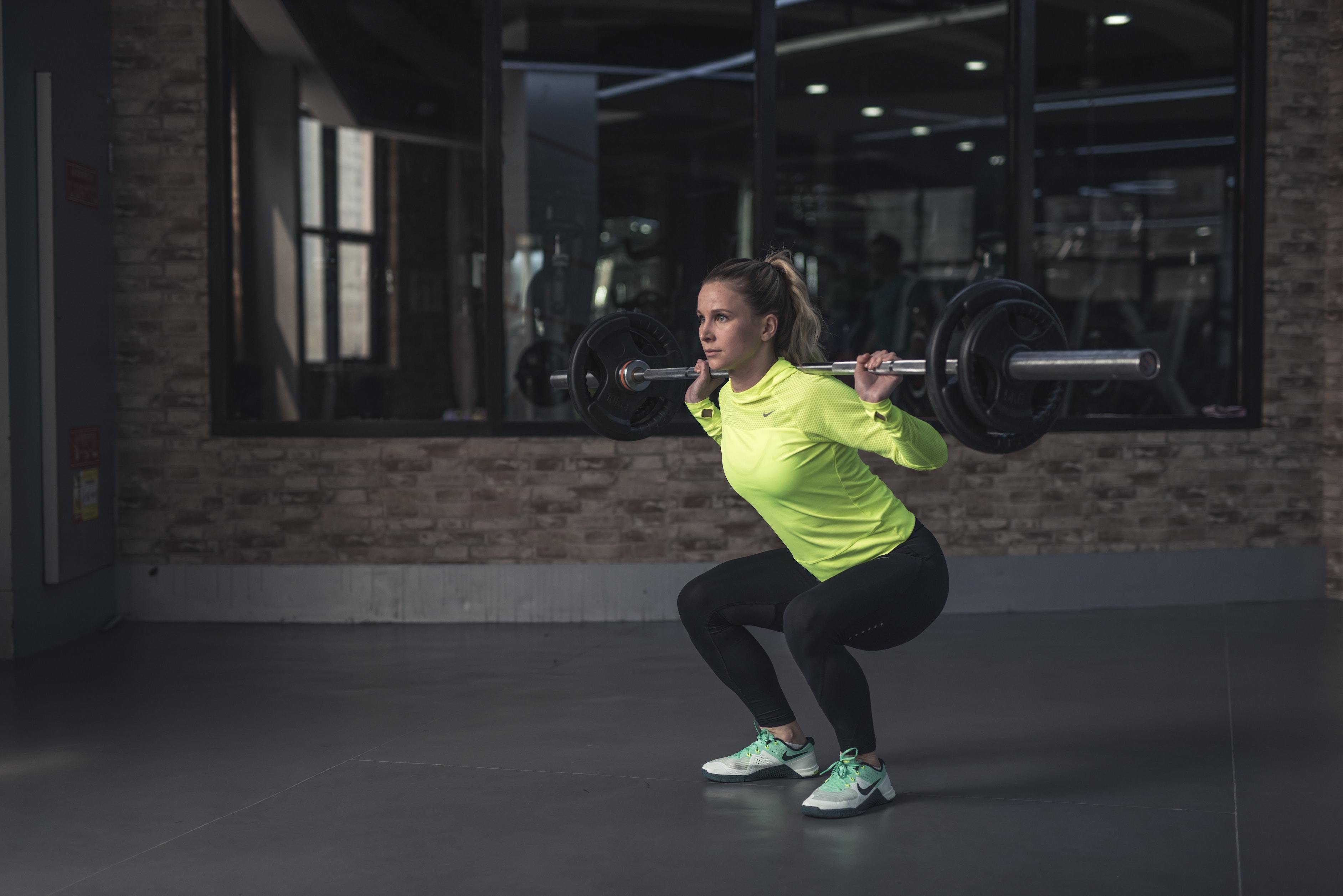If you're young, daily activities will be easy and manageable. However, as we get older, even the simplest of daily tasks can become difficult and challenging. The fitness industry is now a billion-dollar industry, with fads and phases coming in and out as fast as diets do in the health industry. However, there aren't too many forms of exercise out there that prepare you for everyday activities.
These include things like loading, pushing, lifting, twisting, squatting, pulling, and bending. While you might be able to do all of these without a second thought, as we age and have children, our bodies start to be less and less forgiving. This is why it's vital to have a workout strategy that we can apply to keep our bodies fit and healthy for everyday activities. Let's take a look at functional training – what it is and why it can be so helpful for everyday life.
What is Functional Training Not?
So, functional training is a long list of things – but there are also things that it’s not, too. Functional training is not any type of exercise that doesn’t benefit daily functioning. For example, a bench press couldn’t be considered a functional training exercise because most people don’t do this type of action on a daily basis with their bodies. The reality is, there aren’t too many practical ways to use a bench press in real life.
Functional fitness is much more about using common sense with everyday activities. This way, you can figure out the best muscles to use for that particular task, rather than forcing other parts of the body that aren’t involved, and potentially damaging them. As more light is shone onto our bodies and how to take care of them, it pays to be mindful of having good form.
So, What is Functional Training?
One excellent example of functional training is a squat. While you might not realize it, you actually use the squat movement a lot in everyday life. How many times do you get into your car, or use the bathroom, or just sit down and then stand up again throughout the day? If the answer is a lot, then this means that you’re using the squat exercise regularly.
In fact, some would argue that a squat is one of the most relevant functional training exercises.
Why Functional Training is Helpful
- Helps with Stability and Balance: if you’re someone who isn’t normally great with your balance, then you might want to work on this through functional training. Not only do you want to look fit on the outside, but you want to be fit on the inside as well, and this starts with things like balance and stability. If you want to use functional training for stability, try a lunge with a shoulder press.
- Helps with Strength: you can increase your body’s strength in general with functional training. This is because then you use functional movements, you can improve your stability and core. Remember, the stronger of a foundation you have, the stronger you are in general. While it’s nice to be able to go to the gym and build muscle mass, but if you’re not really strong, you’re going to run into trouble the next time you need to open a jar.
- Reduces Risk of Injury: functional training is great at reducing your risk of being injured doing an everyday activity. If you are taught how to use proper form when squatting or deadlifting, you're set up for success when you apply this action in real life. While most everyday activities require smaller muscle groups, you'd be amazed at how quickly they can get damaged. If you're familiar with them and how they work and have good form when using them, you can reduce your risk of injury.
Functional Training at Home
The good thing about functional training is that you don’t even necessarily have to go into the gym to implement a regular workout routine. This type of physical training isn’t high intensity, but it does do wonders for your body’s ability throughout your regular day.
Once you have learned how to do basic functional training exercises, you can use everyday props that you’ll find at home. From soup cans for those bicep curls to pull-ups on a door frame, there's no reason why you can't implement your very own functional training routine at home, after work. If you are fresh out of props, you can do simple push-ups, lunges, and squats, too.




